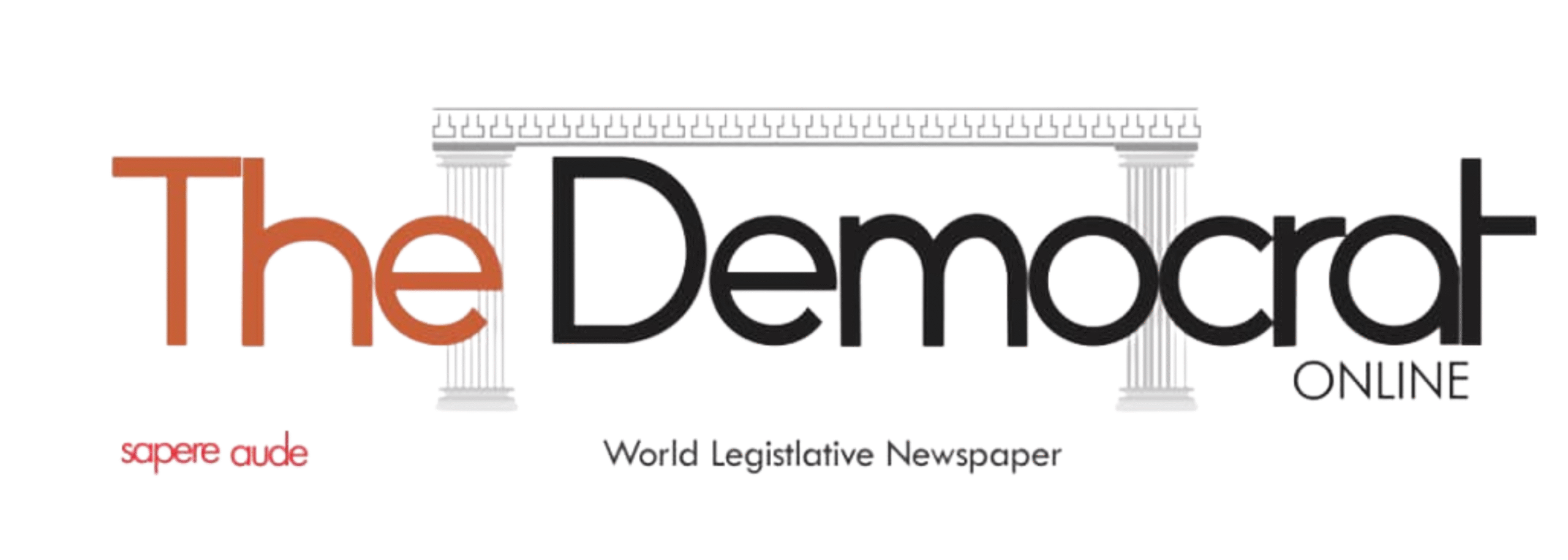
OPEC+ is once again urging members to compensate for exceeding oil production quotas, but recent data shows poor compliance. Although the group plans to gradually increase output, it claims market stability will be maintained through pledged extra cutbacks by members who previously overproduced.
However, the effectiveness of this compensation mechanism remains questionable.OPEC+ data released Wednesday reveal the group’s quota compensation scheme continues to falter, with overdue output cuts rising nearly 9% to 139 million barrels.
While Iraq and Russia made modest progress, Kazakhstan significantly worsened the situation, increasing its backlog by over 40%. This persistent non-compliance reportedly prompted OPEC+’s recent unexpected decision to raise production faster, led by Saudi Arabia aiming to pressure violators through lower oil prices. As a result, crude prices dropped, with Brent briefly hitting a four-year low below $60 a barrel. However, past trends suggest such price drops have limited impact on curbing overproduction.
The market slump could financially strain Kazakhstan and Iraq, with oil prices falling below the IMF’s estimated break-even points of $115 and $92 per barrel, respectively. However, price pressure alone may not change their actions. In Kazakhstan, international oil companies like Chevron-led Tengiz have been expanding output, and government contracts offer limited room to enforce cuts. Despite discussions with partners, Kazakhstan has made minimal effort to reduce production.
OPEC’s internal data reveal Iraq’s consistent failure to compensate for past overproduction. Baghdad has frequently resisted output restrictions, prioritizing economic recovery and the restoration of trade ties following years of sanctions and conflict.



